Custom Tradition: Support Our Artisans!
Help Us Provide Indigenous Women Artisans with Sustainable Economic Opportunities
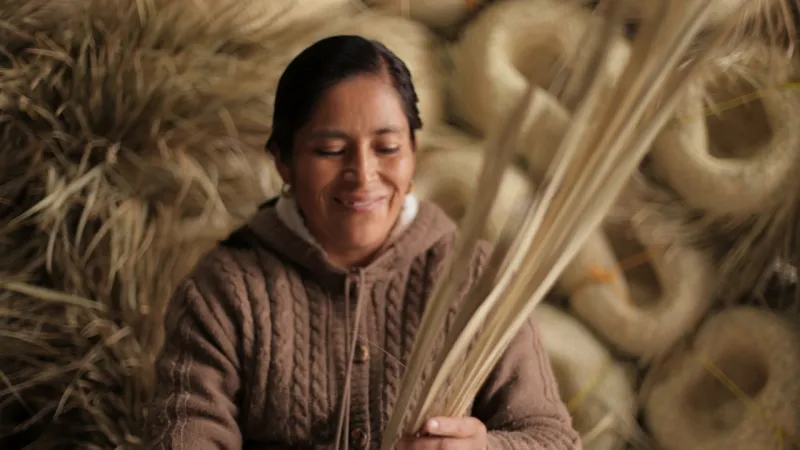
Project Description
Custom Tradition is a 501(c)(3) registered nonprofit organization
(TAX ID #: 87-1393893)
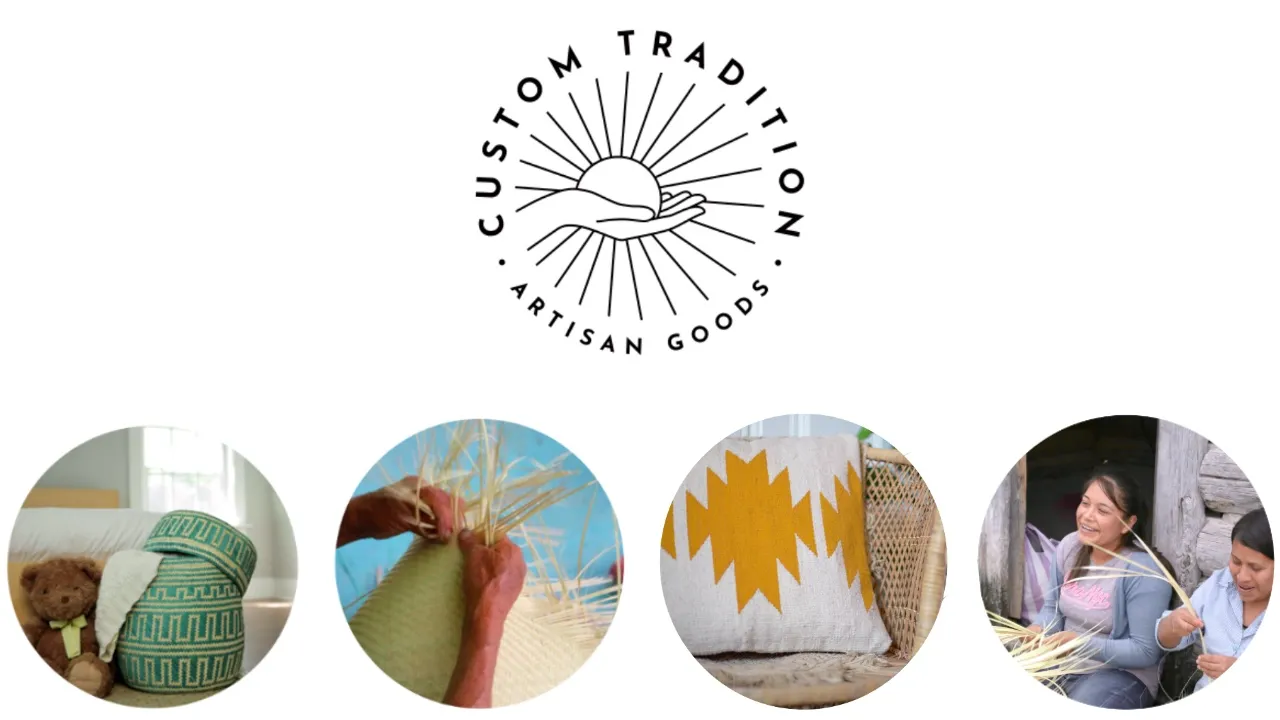
WHAT IS CUSTOM TRADITION?
Custom Tradition is a fair trade non-profit organization that supports indigenous women artisans by promoting their handicrafts to a global market.
We currently work with a women-led collective of palm basket weavers from the indigenous Mixtec community of Oaxaca, Mexico.
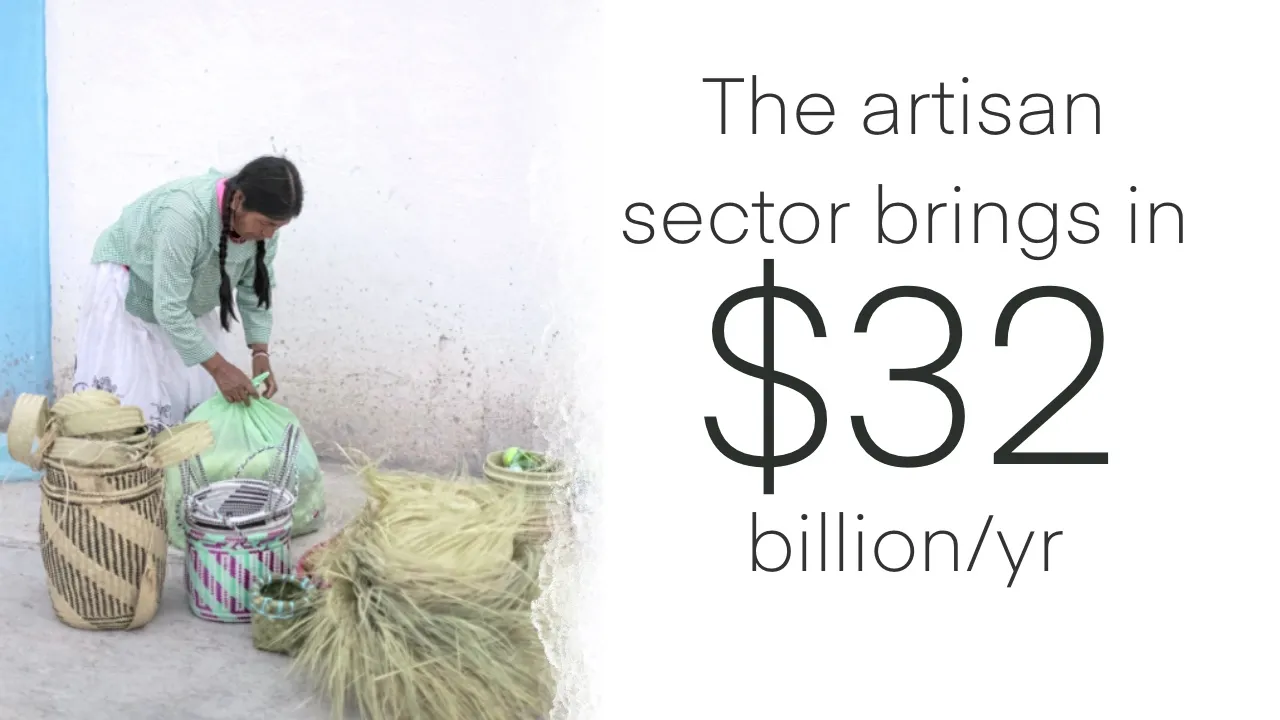
The artisan sector is the second largest employer of the developing world, bringing in $32 billion/year, yet the indigenous artisans who make up this sector struggle to be recognized for their work due to ongoing cultural erasure, poverty, and lack of access to information. Custom Tradition's mission is to support our artisans in ways that their local governments have not, by creating economic opportunities, promoting their work, and giving them a voice.
WHY WE ARE RAISING MONEY
The demand for our artisan’s handicrafts has been proven both online and via in-person sales, however we lack the external funding needed to successfully run Custom Tradition so that we can sustainably support our artisans.
$10,000 WOULD ALLOW US TO:
- LAUNCH our grant program where we provide our artisans with tools and resources needed to grown their artisan businesses.
- EDUCATE our artisans through a series of skill-based workshops in order to enable them to attain social and economic empowerment.
- EXPAND our impact on the global artisan community by developing partnerships with more artisan collectives.
- HIRE much needed support in marketing, finance, and networking.
THE PROBLEM
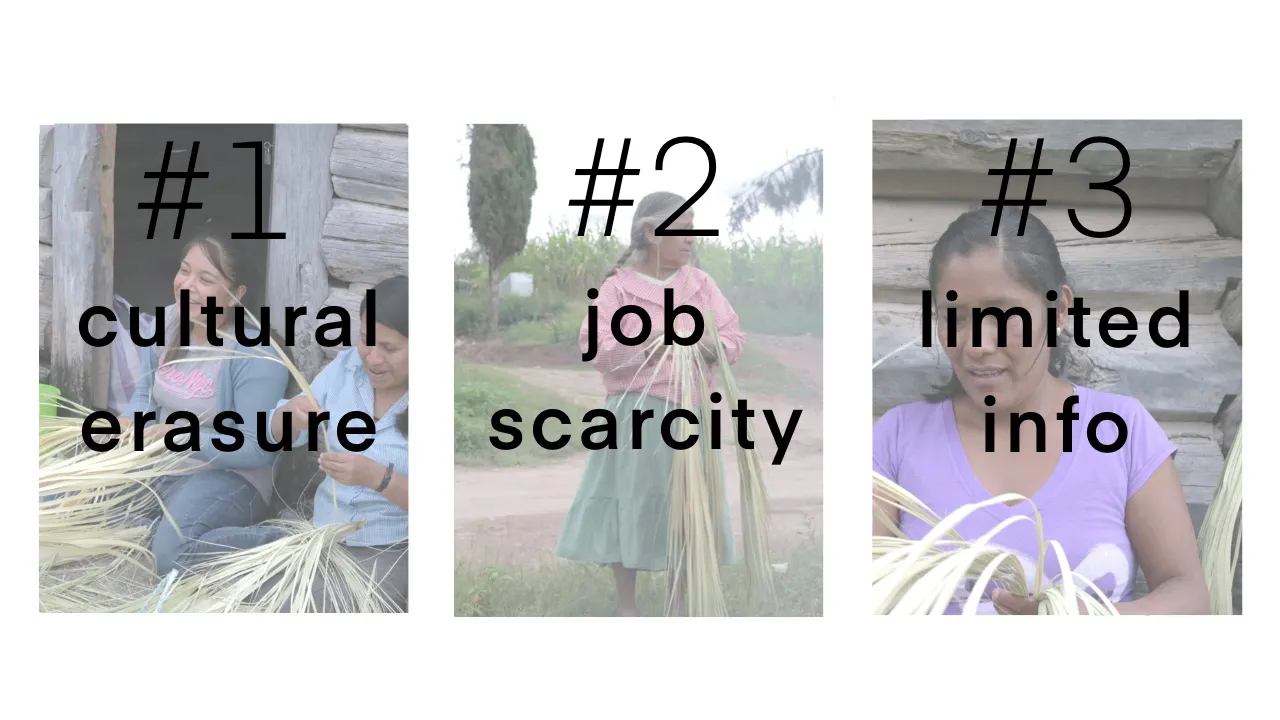
- Indigenous communities are in danger of losing their language and thus their culture. According to the UNESCO Atlas of Languages in Danger, of the 6,700 spoken languages in the world, 40% are in danger of disappearing. In Mexico, 20% of the population identifies as indigenous, but only 6% speak an indigenous language. Language plays a crucial role in each person's unique identity, cultural history, traditions and memory.
- Indigenous communities live in extreme poverty. Indigenous communities represent about 5% of the world’s population but make up 15% of the world’s extreme poor, and 1/3 of the rural poor. In Mexico, the percentage of indigenous people who live in poverty is nearly double that of the general population.
- Indigenous communities do not have access to information. Extreme poverty means little to no access to information via fixed and mobile broadband telecommunication networks. For Mexico, approximately 44% of people in rural locations (many of indigenous women) do not have mobile data coverage (11.38 million people). Not only does this create a lack of new and important information, but also makes it difficult for indigenous artisans to seek opportunities to promote their work.
OUR SOLUTION
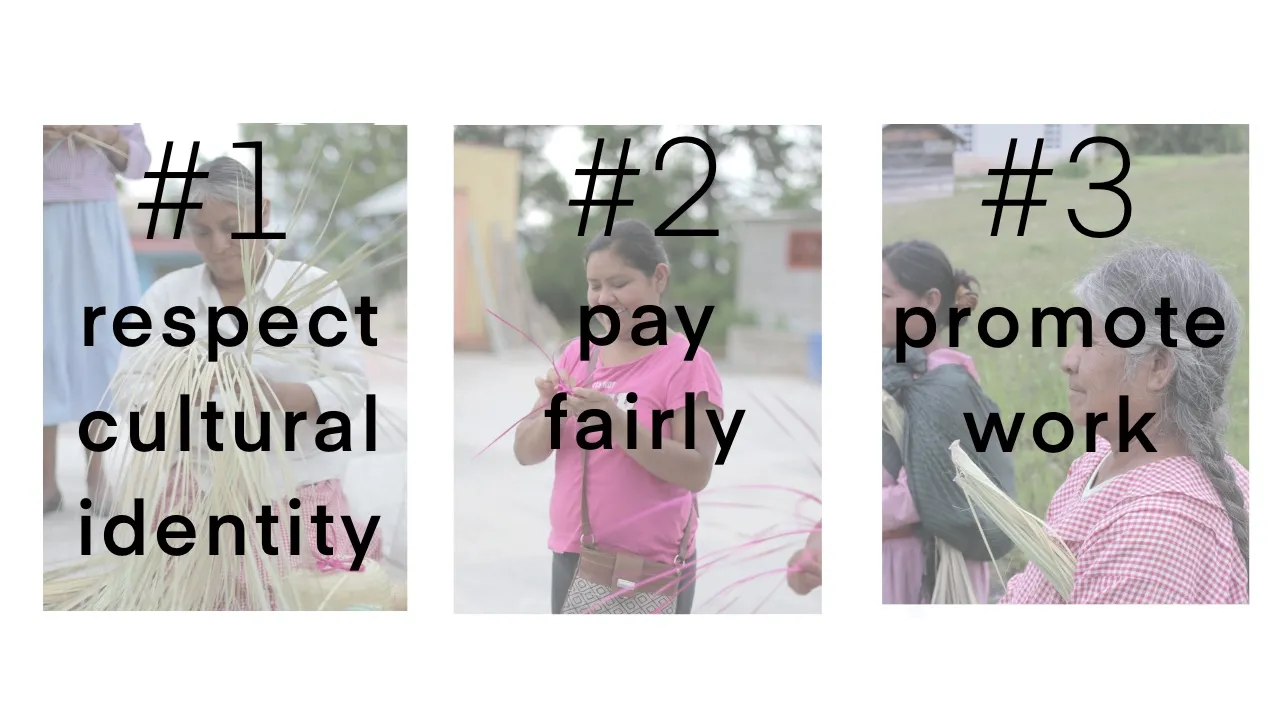
- We give our artisans room to make their work within their own means. By ordering in small batches, allowing room for product variation, and supporting our artisans in their own unique process, we celebrate and respect their cultural identity and diversity. We recognize the importance that indigenous traditions and techniques have on the development of products and practices, and we encourage it.
- We pay promptly and fairly to all of our artisans and never negotiate the price they set. We allow them to give full insight into the value of their products and the time that goes into making them. This empowers our artisans to have control over their work so that they are not taken advantage of.
- We use our privilege to promote our artisan's work to a global market. Understanding the lack of access to internet that indigenous communities all over the world face, our platform handles all promotion of our artisan's work by sharing it with a global market. We recognize our privilege as English-speakers with free access to the internet, and use it to give our artisans a voice.
ABOUT THE FOUNDER:
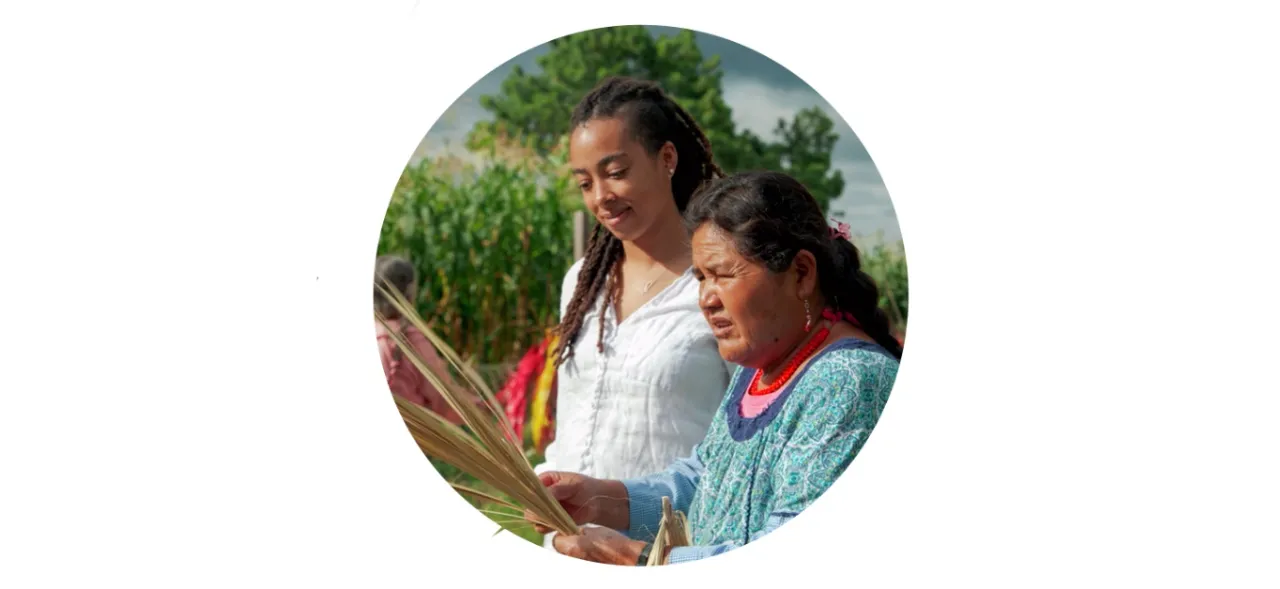
Chisama Ku Penn is from Atlanta, GA and graduated from Earlham College with a B.A. in Spanish & Hispanic Studies. During college she spent most of her time volunteering as a language teacher for local Spanish-speaking immigrant communities. Upon graduating, Chisama Ku received the 2016 U.S. Fulbright Award to Argentina as an ETA (English Teaching Assistant). During her time there, she gained insight into Argentina's long-running history of erasing its indigenous presence. She began to question the various ways in which indigenous people all over the world face cultural erasure and what steps could be taken to prevent this.
During a solo trip to Oaxaca, Mexico in 2019, Chisama Ku encountered many indigenous artisans and began to listen to their stories of struggling to thrive within their different communities and nation at large. It was after spending three weeks with an indigenous women-led collective of palm basket weavers that she decided to start Custom Tradition to support them and the work they do.
THANK YOU ALL FOR YOUR SUPPORT
AND
FOR HELPING US CREATE A BETTER WORLD WHERE INDIGENOUS COMMUNITIES CAN THRIVE.

The Campaign FAQs
FAQ:
Is Custom Tradition a 501(c)(3)?
Yes! As of November 21, 2019, Custom Tradition is a registered non-profit. Donors can deduct contributions they make to Custom Tradition. If you would like a donation receipt, please email us at [email protected]
How large is Custom Tradition?
Custom Tradition currently has one full-time employee and one permanent group of partner artisans.
Where do you work?
We are based in Atlanta, GA and currently only work with artisans in Mexico.
Are you fair-trade verified?
Since we are still a very small organization, we have not fully met the financial requirements to be able to apply for fair-trade verification. However, we do fully function as a fair-trade organization and follow the principles and practices that have been defined by the Fair-Trade Federation.
Where are your products sold?
Our products are currently sold online and in local markets and stores.
Check us out at www.customtradition.com
Give the amount you want! We are very grateful for any support you can offer us.

S O C I A L S H O U T O U T:
All Bronze Donors will receive a virtual "Thank You" on our Instagram page! Follow us at @CustomTradition to see your shout out. We are extremely grateful for your support.
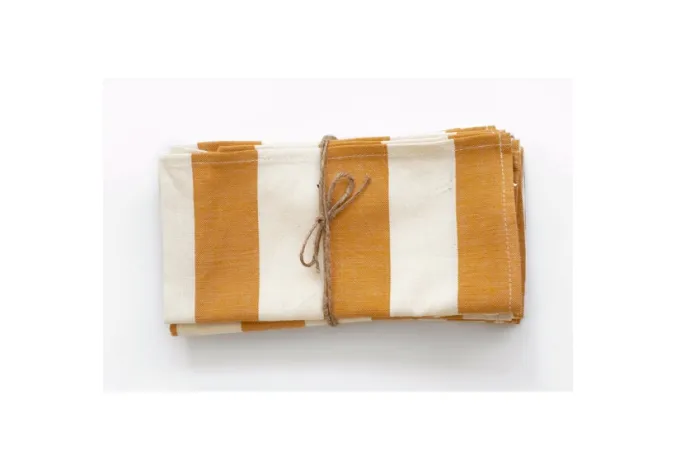
H A N D W O V E N N A P K I N S:
All Silver Donors will receive a set of napkins handwoven and sewn by a family of flying shuttle loom weavers from the city of Oaxaca, Mexico. Approximately 45 cm x 45 cm. 100% Cotton.
Note: Due to the artisanal nature of our products, size and design may slightly vary from the napkin pictured.
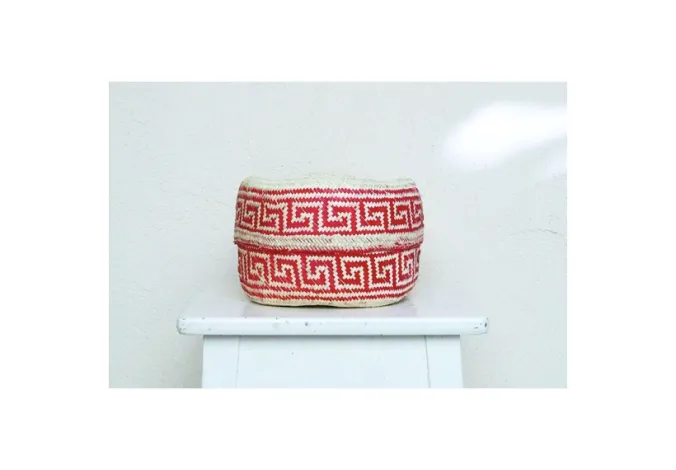
T O R T I L L A B A S K E T:
All Silver+ Donors will receive a handwoven tortilla/bread basket made by our partner cooperative of indigenous women basket weavers from the Northern region of Oaxaca, Mexico. Approximately 4 in X 10 in. 100% Natural Palm Leaves.
Note: Due to the artisanal nature of our products, size and design may slightly vary from the basket pictured.
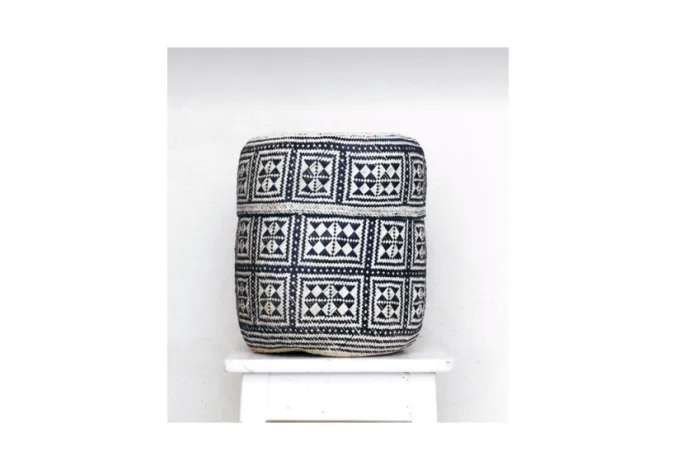
S T O R A G E B A S K E T:
All Gold Donors will receive a handwoven planter/storage basket made by our partner cooperative of indigenous women basket weavers from the Northern region of Oaxaca, Mexico. Approximately 14 in X 10 in. 100% Natural Palm Leaves.
Note: Due to the artisanal nature of our products, color and design may slightly vary from basket pictured.
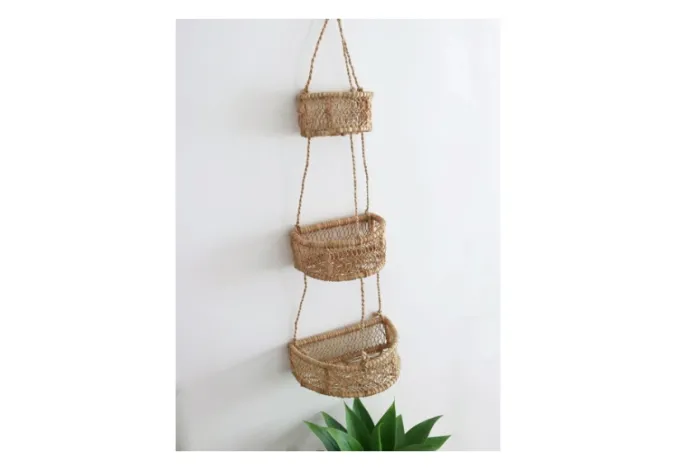
W A L L B A S K E T:
All Gold+ Donors will receive a hanging wall basket made from jonote, a type of tree that thrives in the Central state of Puebla, Mexico. These baskets are made by a cooperative of 12 women that have been practicing this technique for decades. Approximately 38 in long. 100% Natural Jonote & Twine.
Note: Due to the artisanal nature of our products, size and design may slightly vary from basket pictured.
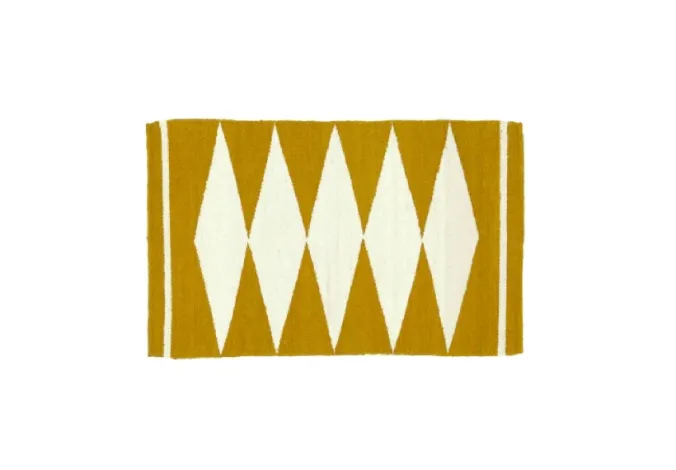
T H R O W R U G:
All Platinum Donors will receive a naturally-dyed wool throw rug handwoven by two Zapotec sisters from the municipality of Teotitlán del Valle, Oaxaca, Mexico. Approximately 3 ft x 5 ft. 100% Natural Oaxacan Wool & Natural Dyes.
Note: Due to the artisanal nature of our products and the working conditions of our partners, we cannot guarantee that you will receive the exact rug pictured.
Rewards
Give the amount you want! We are very grateful for any support you can offer us.

S O C I A L S H O U T O U T:
All Bronze Donors will receive a virtual "Thank You" on our Instagram page! Follow us at @CustomTradition to see your shout out. We are extremely grateful for your support.

H A N D W O V E N N A P K I N S:
All Silver Donors will receive a set of napkins handwoven and sewn by a family of flying shuttle loom weavers from the city of Oaxaca, Mexico. Approximately 45 cm x 45 cm. 100% Cotton.
Note: Due to the artisanal nature of our products, size and design may slightly vary from the napkin pictured.

T O R T I L L A B A S K E T:
All Silver+ Donors will receive a handwoven tortilla/bread basket made by our partner cooperative of indigenous women basket weavers from the Northern region of Oaxaca, Mexico. Approximately 4 in X 10 in. 100% Natural Palm Leaves.
Note: Due to the artisanal nature of our products, size and design may slightly vary from the basket pictured.

S T O R A G E B A S K E T:
All Gold Donors will receive a handwoven planter/storage basket made by our partner cooperative of indigenous women basket weavers from the Northern region of Oaxaca, Mexico. Approximately 14 in X 10 in. 100% Natural Palm Leaves.
Note: Due to the artisanal nature of our products, color and design may slightly vary from basket pictured.

W A L L B A S K E T:
All Gold+ Donors will receive a hanging wall basket made from jonote, a type of tree that thrives in the Central state of Puebla, Mexico. These baskets are made by a cooperative of 12 women that have been practicing this technique for decades. Approximately 38 in long. 100% Natural Jonote & Twine.
Note: Due to the artisanal nature of our products, size and design may slightly vary from basket pictured.

T H R O W R U G:
All Platinum Donors will receive a naturally-dyed wool throw rug handwoven by two Zapotec sisters from the municipality of Teotitlán del Valle, Oaxaca, Mexico. Approximately 3 ft x 5 ft. 100% Natural Oaxacan Wool & Natural Dyes.
Note: Due to the artisanal nature of our products and the working conditions of our partners, we cannot guarantee that you will receive the exact rug pictured.